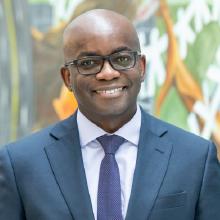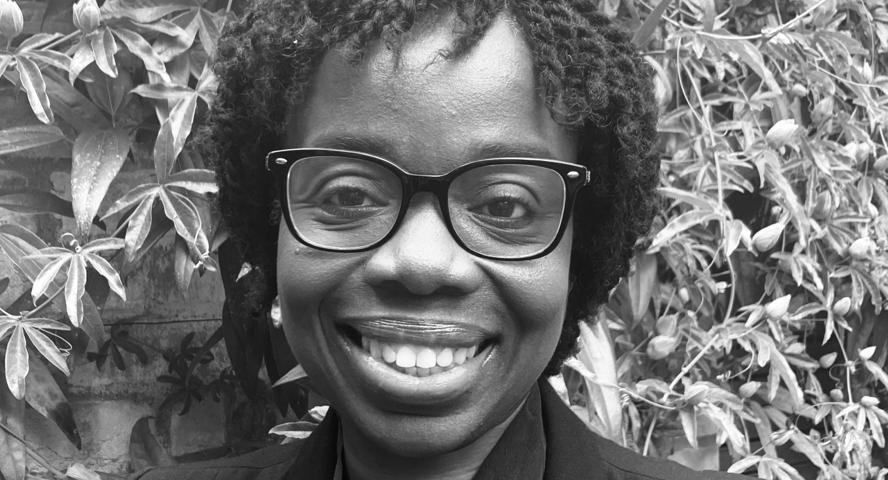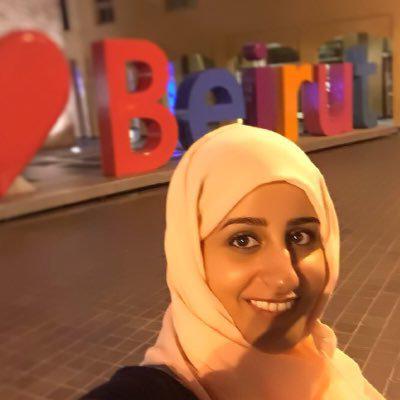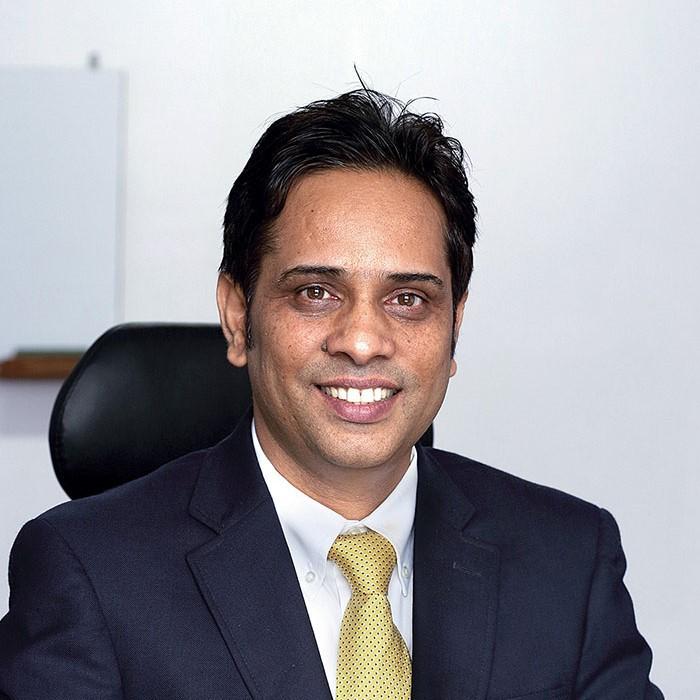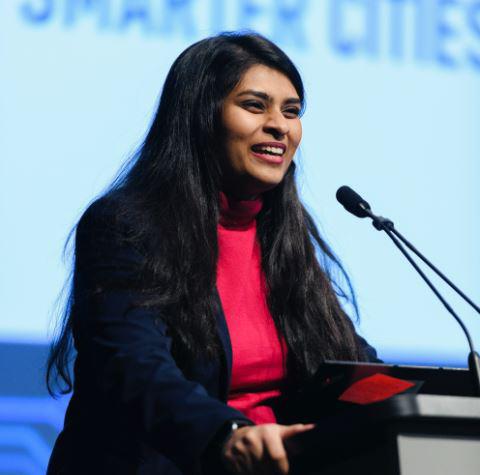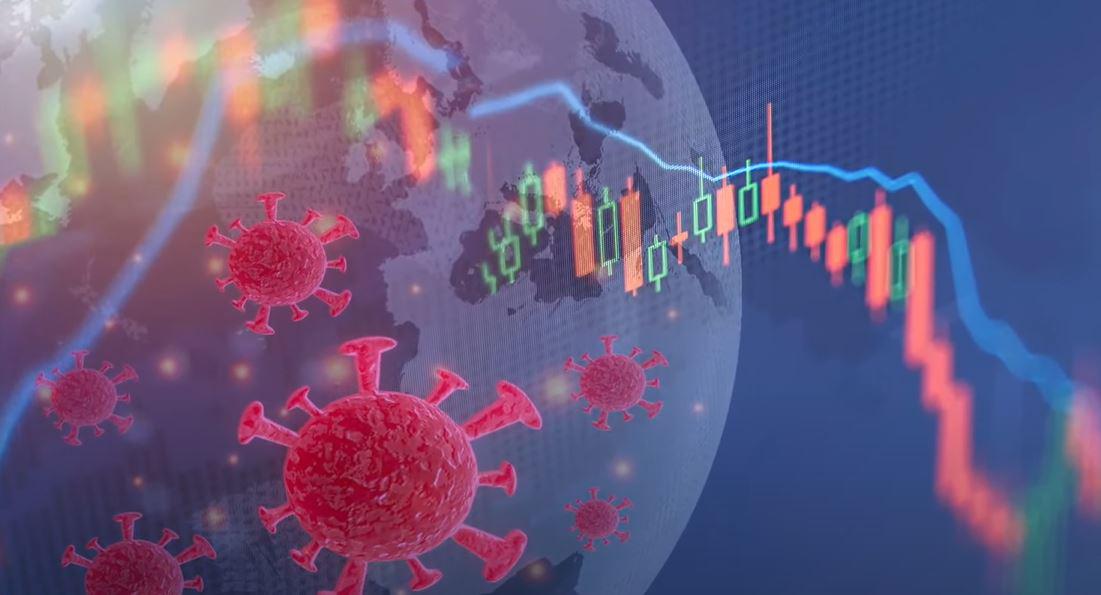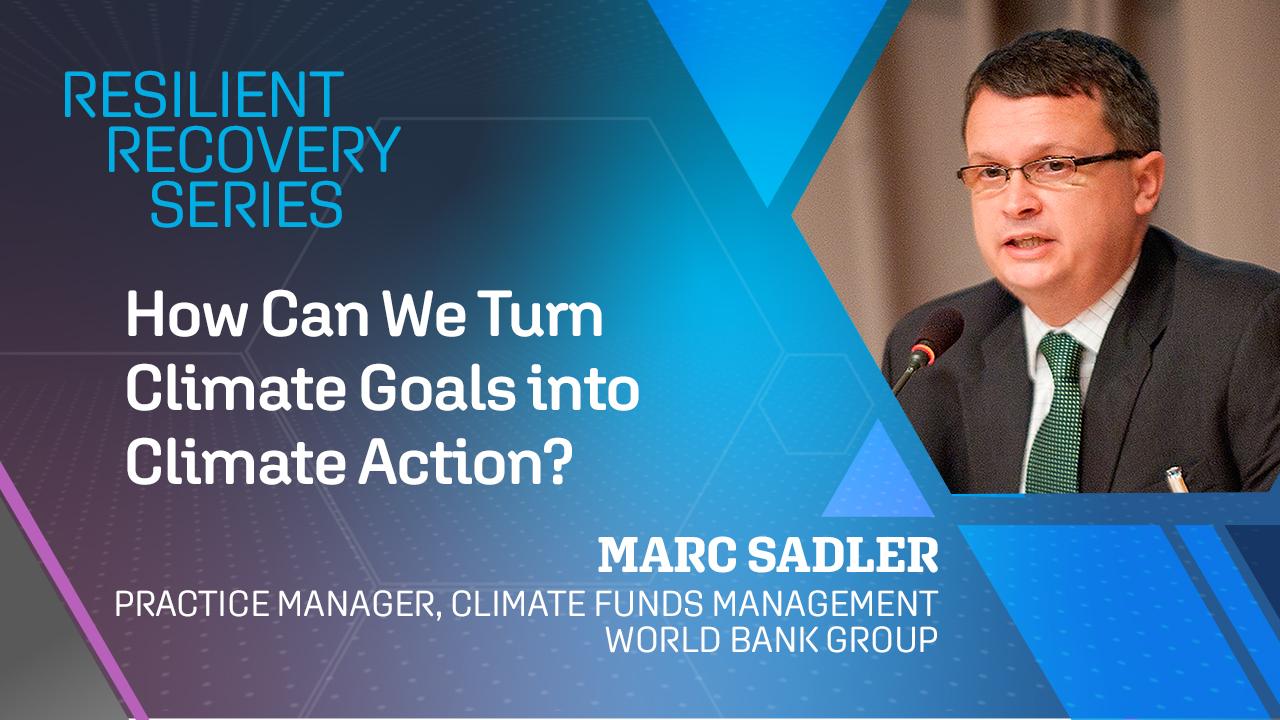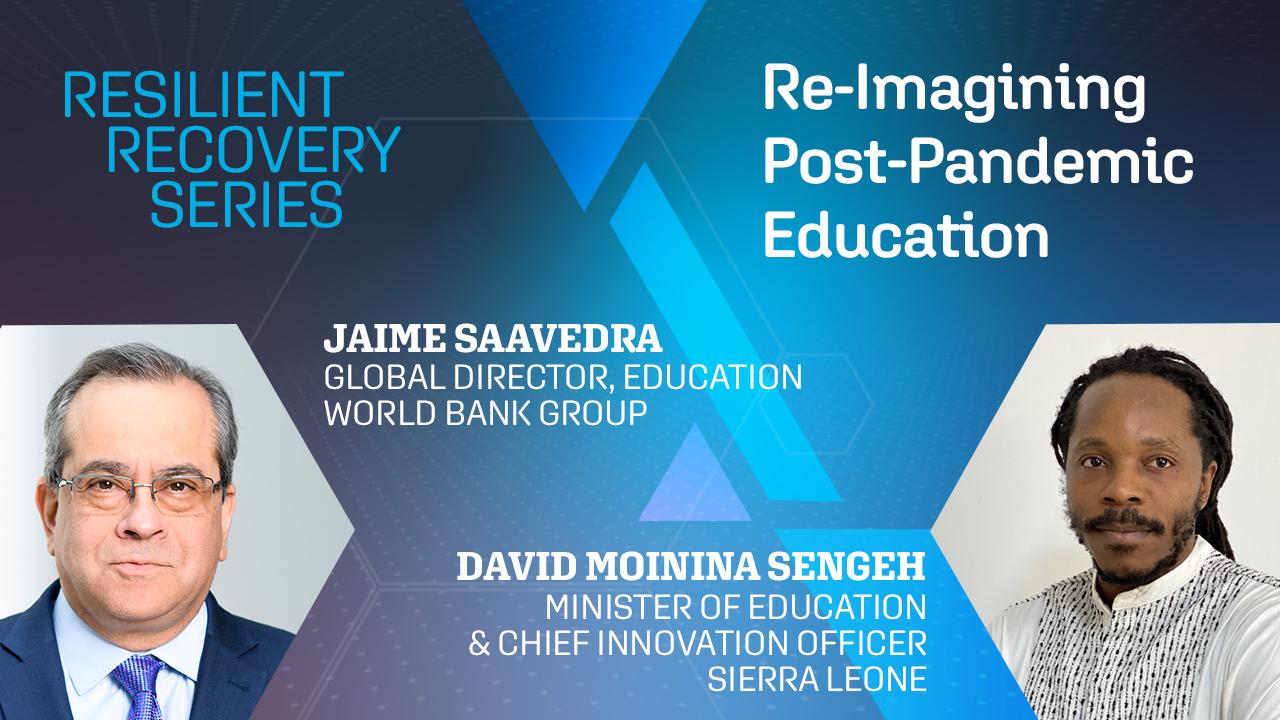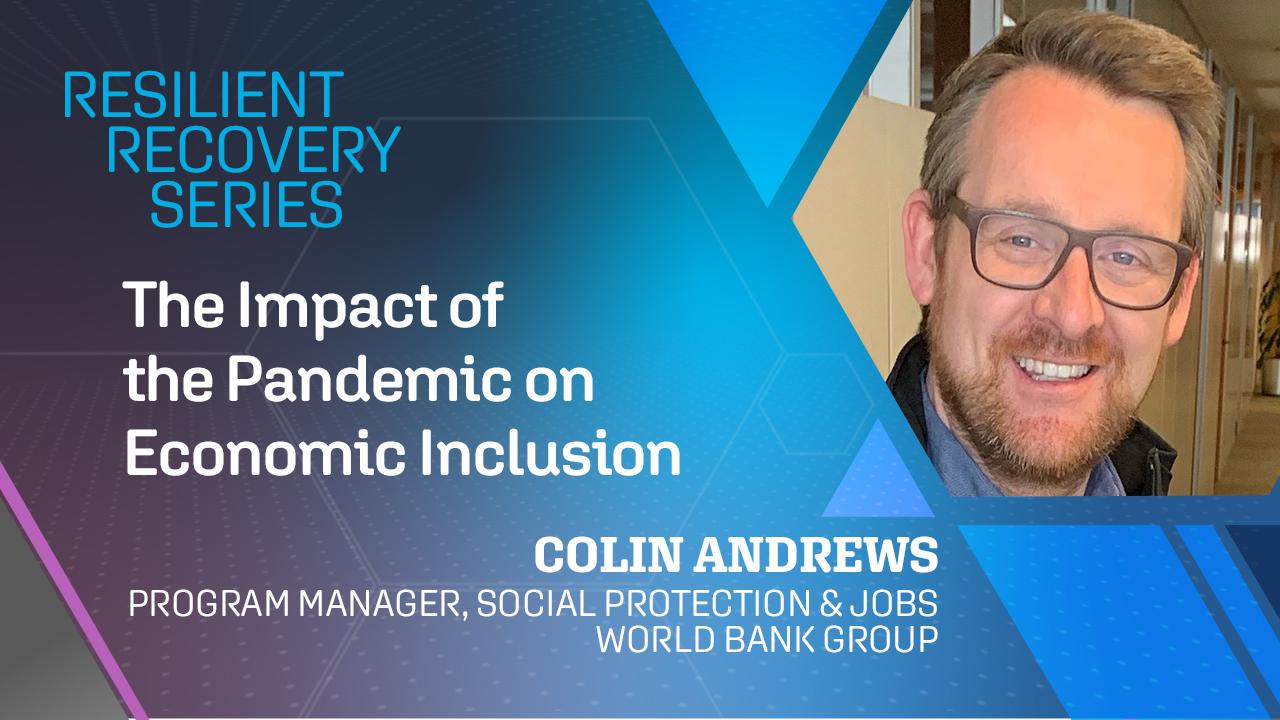“World Bank's IDA mobilized an unprecedented amount of financing to support vaccines plus immediate health emergency. It also supported targeted cash transfers, human capital, Micro-, Small and Medium-sized Enterprises, and jobs [...] In the midst of challenges, what keeps me going are stories I hear from the field reminding us that even in the midst of this crisis, there is hope."
— Samuel Munzele Maimbo, World Bank


